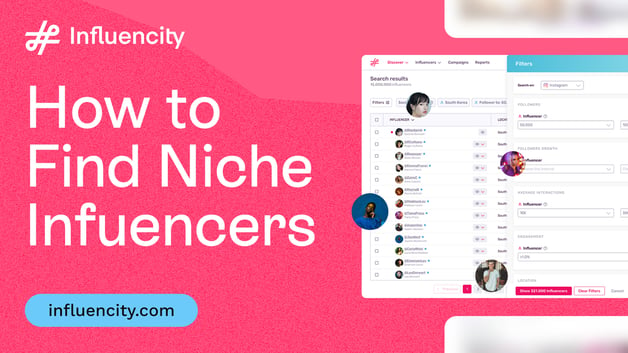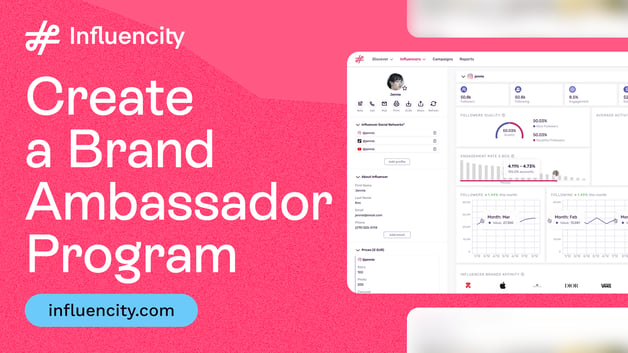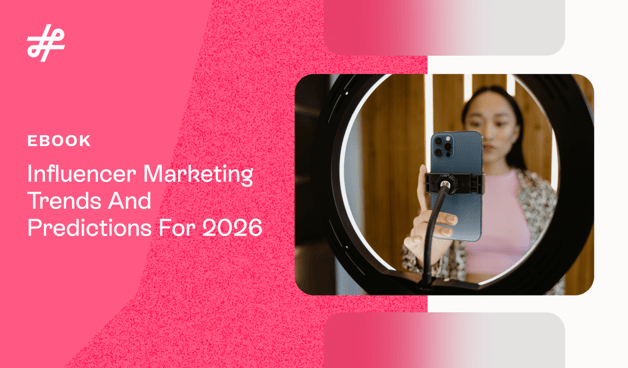Top 10 Social Proof Examples for Your Influencer Marketing Strategy
Social proof, also known as informational social influence, is a psychological and social phenomenon based on the idea that people copy the actions of others in an attempt to emulate their behavior in certain situations. In marketing terms, it is the idea that consumers will adapt their purchasing habits in line with what others are buying, doing or saying. Social proof examples include customer reviews, industry or media awards, paid influencer endorsements, and customer testimonials.
In this post, we are going to take a look at what social proof is, why it’s so effective, and the different types of social proof you can use to boost your influencer marketing efforts. We will also share a few compelling social proof examples to show you what you should be aiming for.

What is social proof?
Social proof is based on the concept of social influence, where people learn from others and adapt their behavior to be like them. In marketing, it is a method used to showcase your brand by promoting the value it has offered past customers. Basically, it’s a way of generating trust and credibility in your brand by highlighting how it has already helped people. This can have a broad range of benefits for your brand.
Social proof examples:
- A consumer visits a social media page and sees a testimonial from an industry expert that they respect.
- Whilst scrolling through a product website, a consumer sees a section showcasing current customers, which includes the logos of notable brands.
- A company subscribes to a tool or software solution because they see that it has solved the exact problem that they have for one of their competitors.
Why is it effective?
According to psychologist Robert Cialdini who discussed the concept of social proof in his book Influence: The Psychology of Persuasion, “We view a behavior as more correct in a given situation to the degree that we see others performing it.” In other words, when we’re unsure of how to behave, we often take cues from others. We assume that our peers know better, and we model our behavior accordingly. For example, we are far more likely to dine in a restaurant that is full of people than one that is completely empty, as we assume the food must be good if so many of our peers are dining there.
It is this precise idea that makes social proof so effective in marketing circles. If we are undecided about making a purchase decision but then see that others have done so before, then it is likely to sway our behavior and convince us to buy a product or service. For example, we are far more likely to buy a product from Amazon with 5,000 positive reviews than the exact same product with only three. We trust the opinions of others and it can have a big influence on our consumer habits.
Types of social proof
Generally speaking, there are six types of social proof:
- Expert: When a respected industry leader recommends your products or services, such as a shoutout on social media.
- Celebrity: When a celebrity endorses your brand, such as a key influencer.
- User: When your existing customers or users recommend your products or services based on their experiences with your brand, such as positive reviews or testimonials.
- Wisdom of the crowd: When a large group of people endorses your brand, such as having a large following on your social media profiles.
- Wisdom of your friends: When people see that their friends approve of your product, such as noticing that they follow you on social media or have posted a positive review about you.
- Certification: When you receive a stamp of approval from an authoritative figure in your industry, such as the Trip Advisor Excellence Award.
Social proof examples
Let’s finish by taking a look at a few stunning social proof examples that can help you develop trust and credibility and inspire consumers to buy into your brand. Consider these examples when you hire social media influencers to boost your social media engagement rate across different platforms.
1. Fender
The first of the three social proof examples we are going to look at is by Fender, the iconic guitar manufacturer. Fender used a very simple example of social proof on a post-click landing page for its guitar courses: a testimonial by Vice that simply stated, “It worked.”
Although it’s not the most glowing review published on the page, it is highly effective because Vice is such a recognizable brand. The simple two-word message speaks to the brand’s effectiveness and persuades consumers that they will get what they’re paying for if they sign up for a course.
2. ClearVoice
The second of the three social proof examples we are going to look at is by ClearVoice, the content and communications giant.
Again, this example has been used on a landing page launched by the company. Underneath a brief description of the content writing services the brand is selling, we can see the words “Companies who love ClearVoice” followed by the logos of widely recognizable brands. This convinces consumers that if the service is good enough for such big players, then it must be good enough for them, too.
3. UCSC Silicon Valley
The final example we are going to look at was implemented by UCSC Silicon Valley, an accredited institution in the Santa Clara Bay Area that offers University of California-quality courses.
On a landing page designed to promote digital marketing courses, UCSC Silicon Valley has included the line “Our graduates excel in their jobs,” followed by a series of notable industry logos. Of all the social proof examples, this one is perhaps the most creative as it shows the value of UCSC’s courses in practical terms: our courses will prepare you to work with some of the world’s most widely respected companies.
4. Airbnb
Airbnb, the renowned online marketplace for lodging, showcases social proof through customer stories and reviews on its website. By highlighting real experiences of guests and hosts, Airbnb builds trust and authenticity. These stories, accompanied by photos and names, give a personal touch and reassure potential customers about the quality of their stay. This form of social proof is effective as it provides tangible evidence of customer satisfaction, and the unique experiences Airbnb offers.
5. Dropbox
Dropbox, a leading cloud storage provider, uses social proof by displaying testimonials from high-profile clients on its website. These testimonials, often from CEOs and IT professionals of well-known companies, emphasize the reliability and efficiency of Dropbox's services. By associating their brand with established businesses, Dropbox enhances its credibility and appeals to professional users looking for secure and dependable cloud storage solutions.
6. Duolingo
Duolingo, the popular language-learning app, leverages social proof by showcasing user success stories and progress statistics. By featuring users from diverse backgrounds who have successfully learned a new language, Duolingo demonstrates the effectiveness of its platform. Additionally, displaying aggregate data on how many people are learning languages and their progress adds credibility and motivates new users to start their language learning journey.
7. Nike
Nike, the global sportswear brand, effectively uses athlete endorsements as social proof. By partnering with renowned athletes who wear and promote Nike products, the brand not only gains visibility but also associates its products with high performance and quality. These endorsements, particularly from athletes admired worldwide, create a persuasive argument for consumers to choose Nike for their sportswear needs.
8. Slack
Slack, the communication platform for businesses, employs social proof by featuring case studies from various companies that have improved their communication and productivity using Slack. These case studies, often from diverse industries, show potential customers the real-world benefits and versatility of Slack. This approach helps to establish Slack as a valuable tool for businesses looking to enhance team collaboration.
9. TripAdvisor
TripAdvisor, the travel platform, uses user-generated reviews and ratings as its form of social proof. By allowing travelers to share their experiences and opinions on hotels, restaurants, and attractions, TripAdvisor provides a wealth of information that helps others make informed decisions. This extensive collection of reviews and ratings adds credibility and serves as a powerful tool for influencing potential customers' choices.
10. Adobe
Adobe, known for its creative software, uses social proof by showcasing work created by users with its products. Through galleries and featured content, Adobe not only demonstrates the capabilities of its software but also provides inspiration for potential customers. This approach not only validates the quality of Adobe's products but also encourages aspiring creatives to use Adobe software for their own projects.
Ultimately, these ten social proof examples illustrate the diverse and effective strategies that you can implement to build credibility and trust in your brand, enhance consumer confidence, and drive engagement.
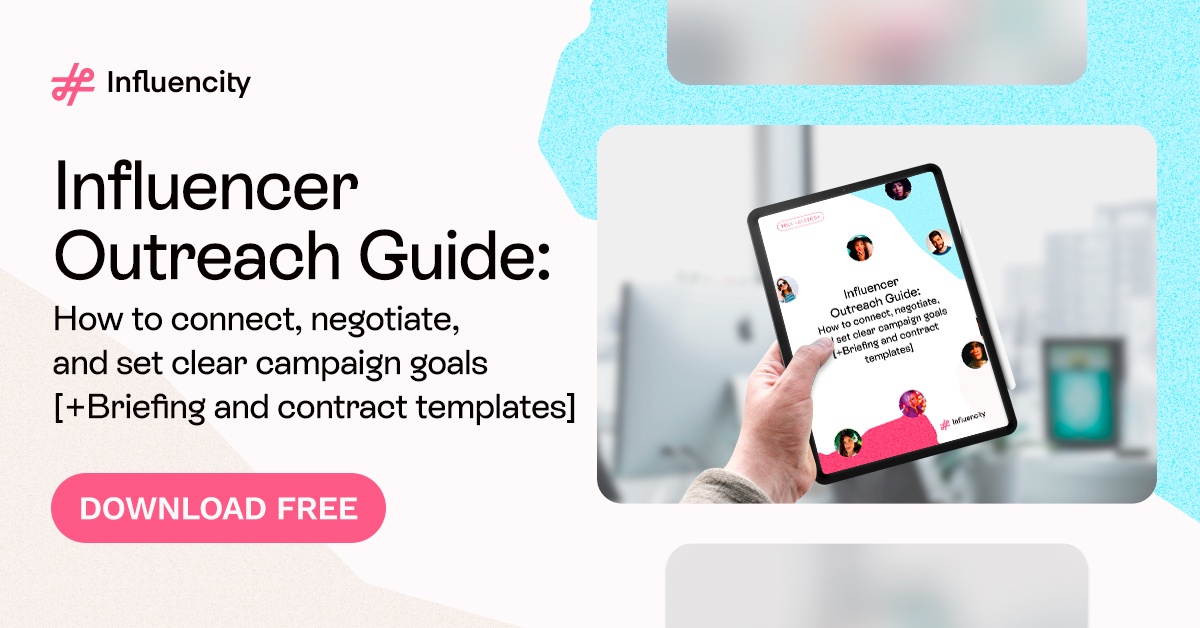
Tags:




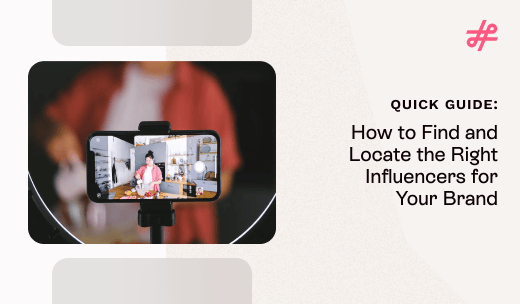


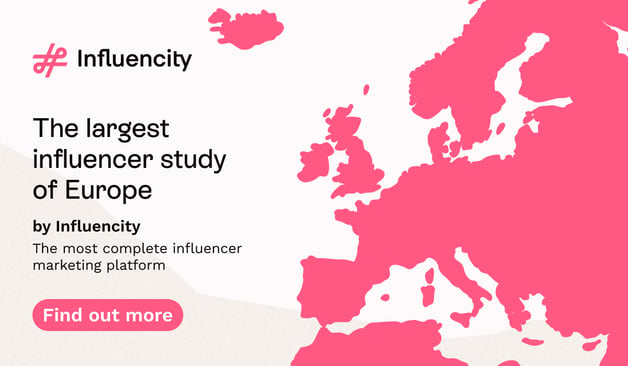

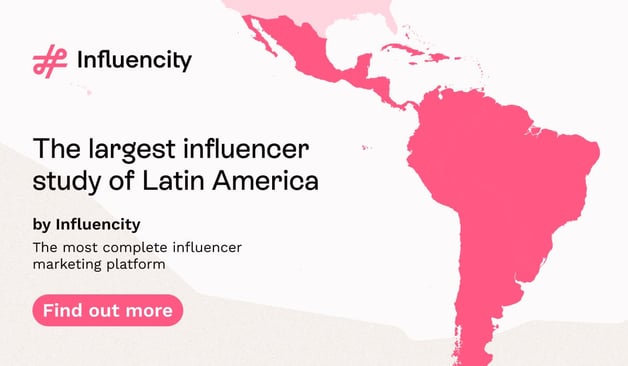


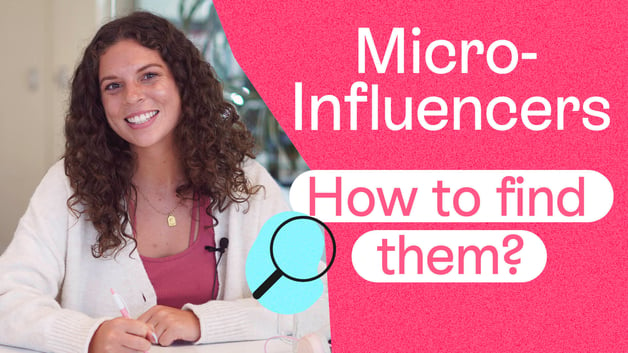


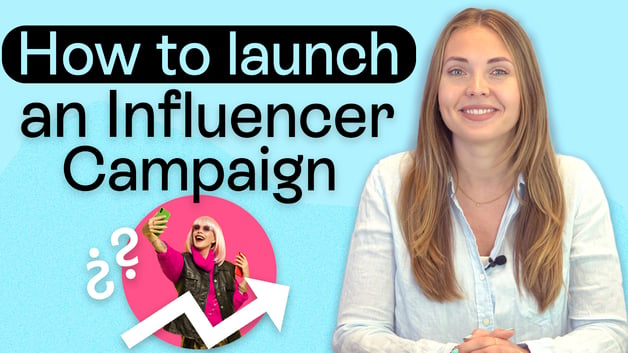

%20and%20How%20Can%20They%20Benefit%20Your%20Brand%20article.jpg?length=628&name=What%20Are%20Key%20Opinion%20Leaders%20(KOL)%20and%20How%20Can%20They%20Benefit%20Your%20Brand%20article.jpg)
